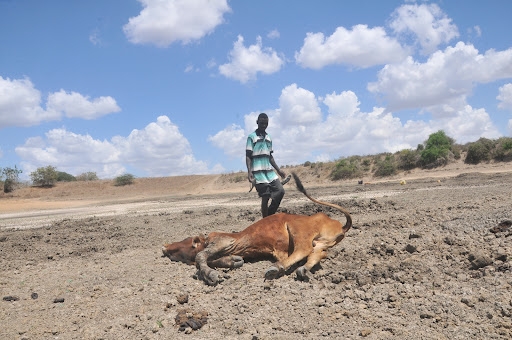The World Health Organisation has called on countries to expand oral health promotion in schools, workplaces and other community settings.
This comes as the world marks World Oral Health day 2023.
The day which is marked every March 20 aim to create awareness about the significance of oral health.
It seeks to ask the world to unite and help reduce the burden of oral diseases, which affect individuals, health systems and economies everywhere.
This year’s day is marked under the theme, ‘Be proud of your mouth’.
The WHO estimates that globally, oral diseases affect an estimated 3.5 billion people worldwide.
Between 1990 and 2019, estimated case numbers of oral diseases increased by more than one billion, which translates to a 50 per cent increase.
“Oral diseases are caused by a range of modifiable risk factors common to many non-communicable diseases (NCDs), including sugar consumption, tobacco use, alcohol use and poor hygiene,” the WHO warns.
“Every opportunity must be grasped to engage and empower, and to instill life-long oral hygiene practices, while also reducing common risk factors such as tobacco use, harmful use of alcohol and diets high in sugar."
According to WHO, there is need to introduce packages of essential oral health services that meet priority needs and are delivered in primary health care settings.
The global health agency further notes services for oral health prevention and care must be accessible to all, particularly vulnerable, deprived, disadvantaged and remote populations.
Health experts warn that oral diseases are a major health concern for many countries and negatively impact people throughout their lives.
Oral diseases lead to pain and discomfort, social isolation and loss of self-confidence, and they are often linked to other serious health issues.
They say most oral health conditions are largely preventable and can be treated in their early stages.
The Ministry of Health launched the National Oral Health Policy 2022-2030 and the first National Oral Health Strategic Plan 2022-2026 in June last year.
The five-year Strategic Plan will guide the implementation of the policy aimed at improving the oral health status of Kenyans.
An oral survey conducted in the country in 2015 revealed that one in every two children aged five years suffers from tooth decay.
The findings also indicated that all adults interviewed had at least one current dental problem that required attention.













